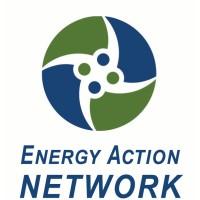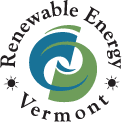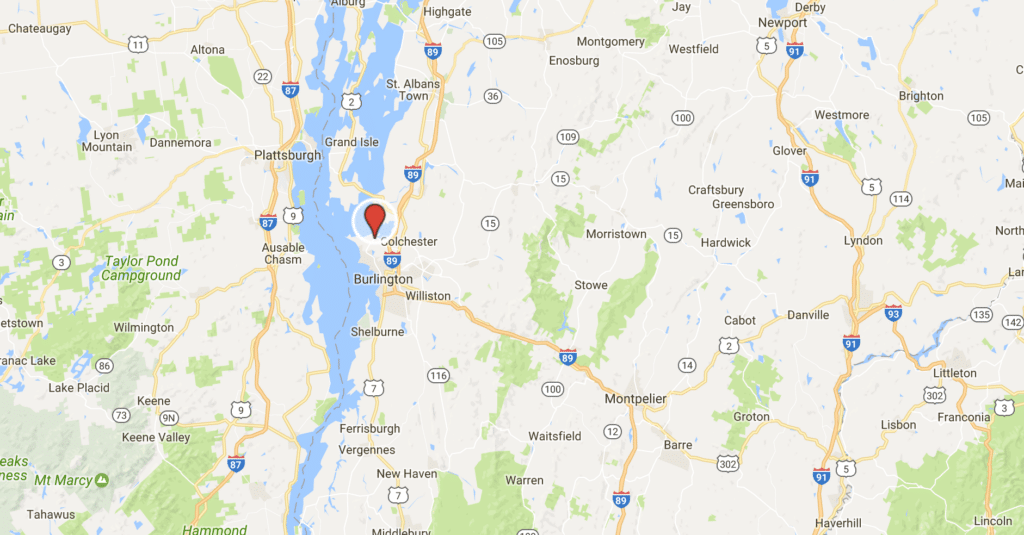By Brian Gray
Is your house trying to tell you something?
Maybe you’ve been in your home a long time and have become used to a little draft here and there. Perhaps you get your winter exercise by knocking those pesky icicles off the roof. You might even be happy when the shower hot water runs out, so your teenager spends less time in the bathroom.
However, it is important to heed the warning signs of energy loss before those small annoyances turn into bigger problems. If you know what to look for, you don’t have to be a “house whisperer” to figure things out. Here are some common symptoms of home energy loss.
1. Your eyes are irritated, and your nose is stuffy.
Homes with aging forced-air heating or central AC systems are prone to having poor air quality that results in eye irritation and breathing discomfort. You may not realize that leaky ductwork or poor air filters are also contributing to these issues.
2. Icicles are forming on your gutters
When ice or snow meets warm air, it doesn’t take long before ice forms. Inadequate roof or attic insulation is often the culprit. If not addressed, ice dams can severely damage your roof and gutters and even create a danger to people entering your home.
3. Some rooms are cold and drafty
If your heating system is more than 15 years old, chances are it is significantly less efficient than a newer system would be. Even though your furnace or boiler is working as hard as it can, it might not be enough to stop drafts or cold spots, particularly if your home’s leaky and has low insulation.
4. Your hot water runs out quickly
It is important to have a hot water heater that is not only working efficiently but is also sized properly for the demand in your home. Hot water heating technology has advanced a lot in the last five years. What you save in energy costs for installing a new hot water heater can usually offset the cost of installation overtime.
5. You see mold or smell mildew in the basement or attic
This is a serious problem. Mold can cause health problems and damage your home. If there is excess moisture trapped anywhere in the walls or floors, you are inviting these unwanted visitors into your home.
If any of these issues sound familiar, addressing home energy use problems one at a time without considering the “big picture” of how to remedy them is probably not the right approach. Often efficiency problems are interrelated and solving one also helps to solve another.
That’s where an energy audit comes in. Inviting a professional efficiency expert into your home to check all your systems, insulation and air quality is your best approach. What you’ll gain is solid advice on energy improvement priorities, budget and available rebates and incentives. An added benefit is the peace of mind knowing that you have listened to your house and stopped spending money on unnecessary energy losses.








